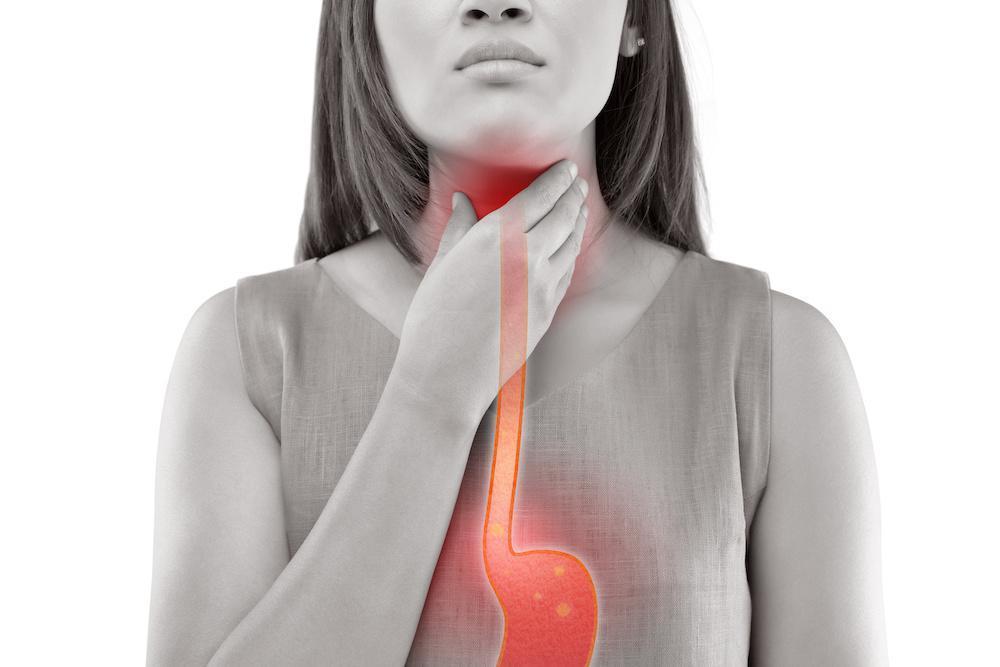
Acid reflux — also referred to as heartburn or gastroesophageal reflux disease (GERD) — is a condition that happens when stomach acid backs up into your esophagus. This irritates the lining of your esophagus and can result in symptoms like a burning sensation in your chest, a sour taste in your mouth, or difficulty swallowing.
Acid reflux can be frustrating to live with, especially if it’s chronic. However, it can often be prevented by making a few lifestyle changes, although severe cases may require medication or even surgery.
Ven Kottapalli, MD, CNSP, at GI Physicians Inc. in Lima, Ohio, offers a few tips on how to prevent acid reflux so you can improve your overall health and quality of life.
Before diving into some tips and tricks to prevent acid reflux, it’s important to understand if you have any underlying risk factors that are giving you a higher chance of developing acid reflux in the first place.
Common risk factors include:
Even taking certain medications like acetaminophen or blood pressure medicines can play into your risk for acid reflux.
Some things you can do to avoid having an acid reflux attack include:
You can also try to sleep elevated at night by placing blocks under the head of your bed that are about 4-6 inches tall.
Another way to prevent bouts of acid reflux is to figure out what kinds of food and beverages are triggering it. Some common triggers are:
If you experience acid reflux after consuming any of these foods or beverages, do your best to cut them out of your diet or severely reduce your consumption of them.
If these lifestyle changes don’t seem to work, you can also try medications like antacids to relieve some of your symptoms.
If these tips don’t help alleviate your acid reflux symptoms, there may be underlying factors that require further treatment. For more information or to receive treatment for your acid reflux, don’t hesitate to contact our office by giving us a call or scheduling an appointment online today.